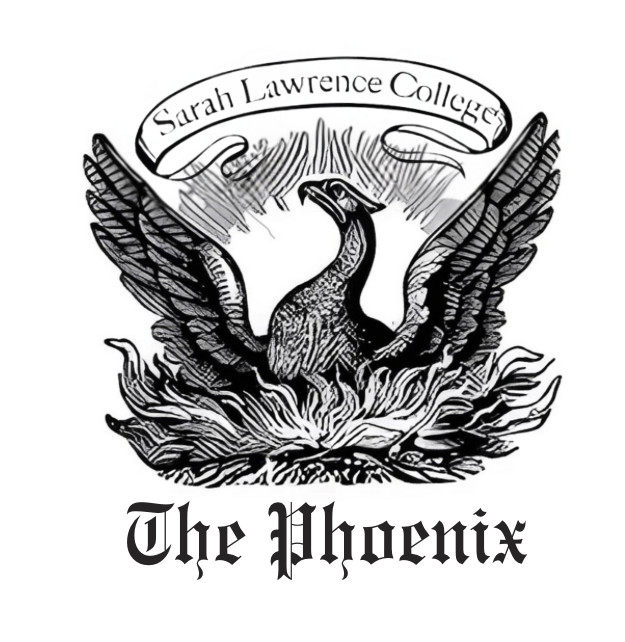Sarah Lawrence Is Never In Retrograde
The infamous astrology blackboard featured in the Teahaus. Credit: Zoe Patterson
Nestled besides the leaf-filled mason jars in the back of the Teahaus stands a miniature blackboard, always with two bits of information written on it: the conditions of the sun and the moon--that is, whichever astrological signs the two are in on any given day. The Teahaus is no stranger to discussions of astrology. I’ve found myself in several star-related conversations in the space, including one in which I first learned how to complete my astrological birth chart--a map of personality and general life movement based on the exact moment of one’s birth. Astrology, however, does not exist only within the confines of the Teahaus; rather, it has established a place among the larger Sarah Lawrence community.
Astrology is a belief system based around the idea that celestial bodies have the power to determine our personalities and lives. Each individual has an array of astrological signs based upon when they were born, with the three major aspects of Sun, Moon, and Ascendant, plus an array of more specialized aspects. These various signs denote different personality traits and aspects of the self. Astrological events, such as the positions of the sun and eclipses, affect each individual differently based upon their unique astrological identities.
Astrology has been growing in popularity at SLC. I’ve observed it both online and off -- from speculations on the signs of peers and professors to debates on different astrological topics (are “cusps” real? Are we all being unfair to Geminis?), the conversation appears to be picking up among SLC students. No time does this fact become more evident than when ‘Mercury is in retrograde,’ an apparent signal for disaster. Regardless of the validity of astrological beliefs, I believe astrology’s role among the SLC community is something to celebrate.
An anonymous poll of sixty-two Sarah Lawrence undergraduate students shows that the stars have at least made themselves known on campus. When asked to rate their personal interest in astrology on a scale of one to five (one being nonexistent interest and five being high interest), 75.8 percent of respondents rated their interest as a three or higher. When asked the same question regarding their social circle’s interest in astrology, 69.4 percent answered with a three or higher.
Astrology might just be another fad, but it’s a fad with a positive impact on its participants. The universality of astrology allows anyone to engage in conversation about it. I’ve found myself pulled into conversations with peers to whom I wouldn’t normally talk because the topic of astrology comes up. Small talk gets an upgrade when instead of complaining about the weather, people are complaining about Mercury in retrograde. The complexity of astrology renders a healthy enthusiasm in discussions of it, and it’s an enthusiasm that can bring people together.
The study of the stars is a fairly accessible topic -- the only thing one needs to become a zodiac expert is an internet connection. You may not be able to bond with your friends over an expensive trip into the city, but you can bond with them over an astrology conversation.
Astrology is not only a positive thing for the community, but for the individual as well. If your horoscope says you’re going to have a great day, you might approach the day with a more positive mindset. If you recognize one of the flaws associated with your sign in yourself, you may be more motivated to work on improving that flaw.
The college experience comes with many burdens: academic challenges, social strife, the impending threat of entering “the real world”. While it posits itself as a serious science, astrology manifests itself among the SLC community as lighthearted, fun, and harmless. The stars can provide a little light to a community that embraces them, even on the most superficial level.
Zoe Patterson ‘20

